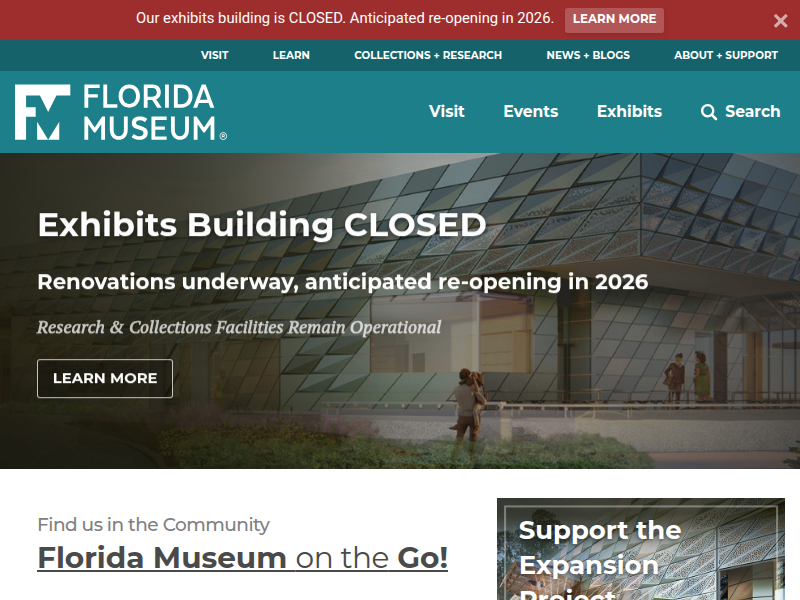Millennia-old mystery about insects and light at night gets a new explanation – Research News https://www.floridamuseum.ufl.edu/science/millennia-old-mystery-about-insects-and-light-at-night-gets-a-new-explanation/
At night in the Costa Rican cloud forest, Yash Sondhi and a small team of international scientists switched on a light and waited. Soon, insects big and small descended out of the darkness. Moths with spots like unblinking eyes on each wing. Shiny armored beetles. Flies. Once, even a praying mantis.
the very first experiments, I let a large yellow underwing moth take off from my hand

